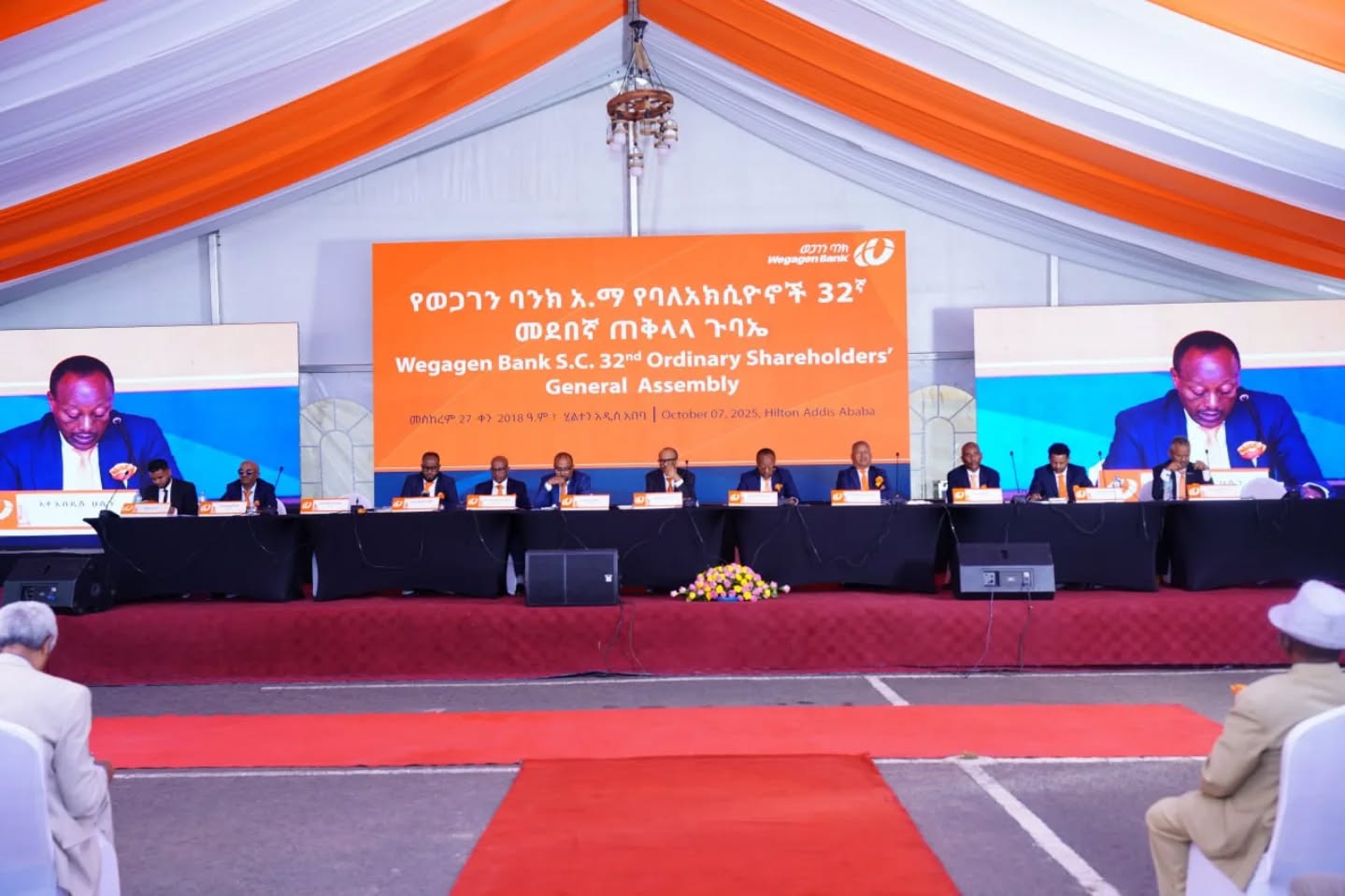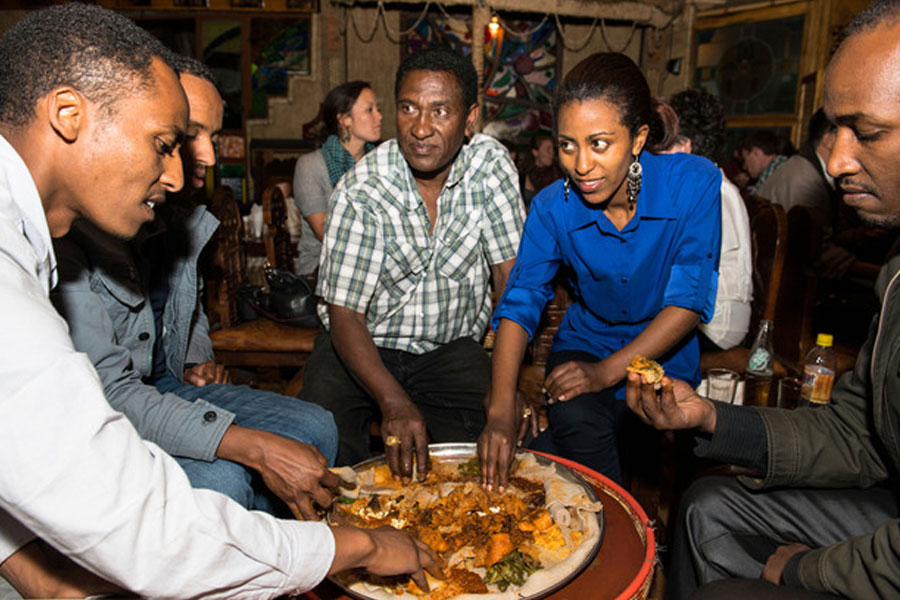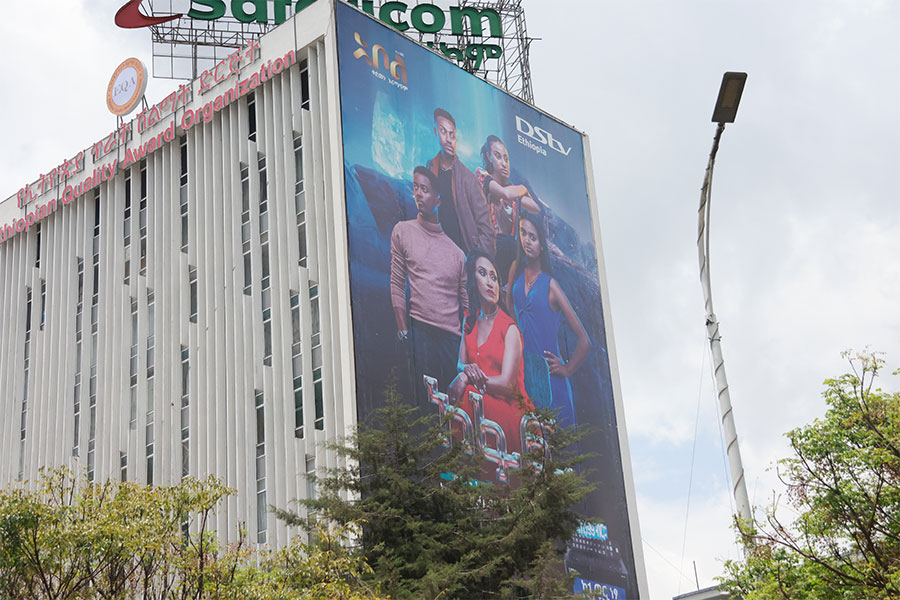
Mar 30 , 2019
By
It is hard to believe a year after the opening up of the political space that what we have in our hands is not the “marketplace of ideas” but a race for the bottom by the nation’s political and intellectual elite.
It has been surprising how many politicians and activists are willing to take part in a game of zero-sum politics. Forget the youth, much of our time these days is spent trying to persuade people that should know better - through the sheer benefit of having lived to old age - to calm down.
Contributing to this problem is social media. There was a time when the public decried being unable to access Facebook and Twitter, and the government was blamed for suppressing free speech.
The tables have turned now. Now it is citizens’ conduct on social media that is considered the source of evil. The Prime Minister’s Office has been open that social media has become a negative influence in the political experiment currently taking place in Ethiopia, and state media has been echoing this line.
Part of the fault for this problem lies in the opposition’s expectations of the value of such platforms. There has always been the automatic assumption during political transformations that a swift reversal of what has been the rule previously is a panacea to our socio-economic challenges. Our biases for past administrations were so strong that we failed to see what was in front of our eyes.
If social media can hurt the democracies of the West, despite their strong institutions, what chance did we ever have when we unleashed it without due diligence? If these platforms can instigate social disharmony in countries with much more resources than that of ours, how are we to deal with them when push comes to shove?
Never a fan of Facebook, I nonetheless never expected it would take its current form and shape.
What is manifest in people’s willingness to be cruel to each other and their utter disrespect for one another’s opinions is the breakdown of the traditional rules of engagement. The conservativeness of our past governments, whatever their political ideologies, has meant that authority is sacred and that there were subjects that were off the table. Most of the sorts of discussions that went on in social media, or TV and radio, were carried out with gloves on.
But those traditional rules of engagement have dissipated in this rapid transition to a liberal political order, and the gloves were off. Without a democratic culture to lessen extremism, or the old rules that kept society in check through a social attitude of conservatism, chaos is ruling.
Does this mean that previous administrations were correct and that censorship needs to be introduced?
Many governments of developing countries would answer in the affirmative. If social media increases social disorder, then get rid of it. Or introduce policies that discourage its use. We cannot allow civilisations and nations to be destroyed by a social networking website created in a dorm room by a 20-year-old, they seem to be saying.
A tax on social media use was recently introduced in Uganda, and Egypt has made all users with over 5,000 followers on Facebook or Twitter subject to prosecution for posting “fake news”.
For all our deep-seated suspicion over the intentions of African governments, it is hard to claim in this day and age that social media is indeed not as harmful as it is beneficial. Limiting its use as some African countries are doing is not an answer though. To do as such would mean to give up on the central tenets of liberal democracy, which is that human beings are reasonable, and under the right circumstances, will act reasonably.
What is the point of consciousness if we cannot trust ourselves to overcome our emotions?
Ethiopia should take a different route than the one followed by Uganda and Egypt. Social media’s ability to empower the public enough to hold government accountable, without the input of state resources, should not easily be disregarded. We were able to witness this during the concerted effort throughout social media platforms to get the government to attend to the humanitarian problem in the Gedeo Zone.
Unfortunately, there is as of yet no magic bullet any government in the world has been able to come up with to encourage only positive uses of social media. Indeed, government transparency and professional and independent media institutions can help, but they can only take us so far.
The ugly truth is that social media is a reflection of society, specifically that part of the body politic that has festered. It is everything that past generations chose not to deal with but instead allowed to putrefy in the corner of the house - the only difference is that it reeks now. Like we did in the past, we can take the easier path and spray perfume around the house. Or we could roll up our sleeves and sweep up the filth.
Nothing short of a just and democratic state will ever fix our social media.
PUBLISHED ON
Mar 30,2019 [ VOL
19 , NO
987]

Viewpoints | May 15,2021

Editorial | Oct 03,2020

View From Arada | Feb 10,2024

Editorial | Aug 14,2021

Radar | Oct 10,2020

Viewpoints | Jun 21,2025

Featured | Sep 23,2023

News Analysis | Jan 05,2020

Covid-19 | Aug 08,2020

Viewpoints | Apr 08,2023

Photo Gallery | 170852 Views | May 06,2019

Photo Gallery | 161090 Views | Apr 26,2019

Photo Gallery | 150754 Views | Oct 06,2021

My Opinion | 136262 Views | Aug 14,2021





Dec 22 , 2024 . By TIZITA SHEWAFERAW
Charged with transforming colossal state-owned enterprises into modern and competitiv...

Aug 18 , 2024 . By AKSAH ITALO
Although predictable Yonas Zerihun's job in the ride-hailing service is not immune to...

Jul 28 , 2024 . By TIZITA SHEWAFERAW
Unhabitual, perhaps too many, Samuel Gebreyohannes, 38, used to occasionally enjoy a couple of beers at breakfast. However, he recently swit...

Jul 13 , 2024 . By AKSAH ITALO
Investors who rely on tractors, trucks, and field vehicles for commuting, transporting commodities, and f...

Oct 4 , 2025
Eyob Tekalegn (PhD) had been in the Governor's chair for only weeks when, on Septembe...

Sep 27 , 2025
Four years into an experiment with “shock therapy” in education, the national moo...

Sep 20 , 2025
Getachew Reda's return to the national stage was always going to stir attention. Once...

Sep 13 , 2025
At its launch in Nairobi two years ago, the Africa Climate Summit was billed as the f...

Oct 5 , 2025 . By NAHOM AYELE
In Meqelle, a name long associated with industrial grit and regional pride is undergo...

Oct 5 , 2025 . By BEZAWIT HULUAGER
The federal government is set to roll out a new "motor vehicle circulation tax" in th...

Oct 5 , 2025 . By NAHOM AYELE
The Bank of Abyssinia is wrestling with the loss of a prime plot of land once leased...

Oct 5 , 2025 . By BEZAWIT HULUAGER
The Customs Commission has introduced new tariffs on a wide range of imported goods i...